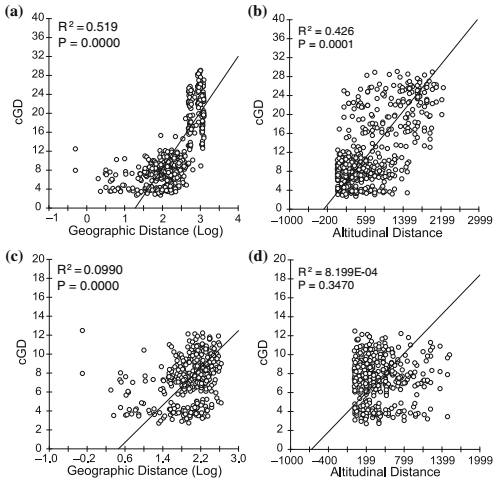Sork, V. L., Davis, F. W., Smouse, P. E., Apsit, V. J., Dyer, R. J., & Kuhn, B. (2002). Pollen movement in declining populations of California Valley oak, Quercus lobata: Where have all the fathers gone? Molecular Ecology, 11(9), 1657-1668. https://doi.org/10.1046/j.1365-294X.2002.01574.
